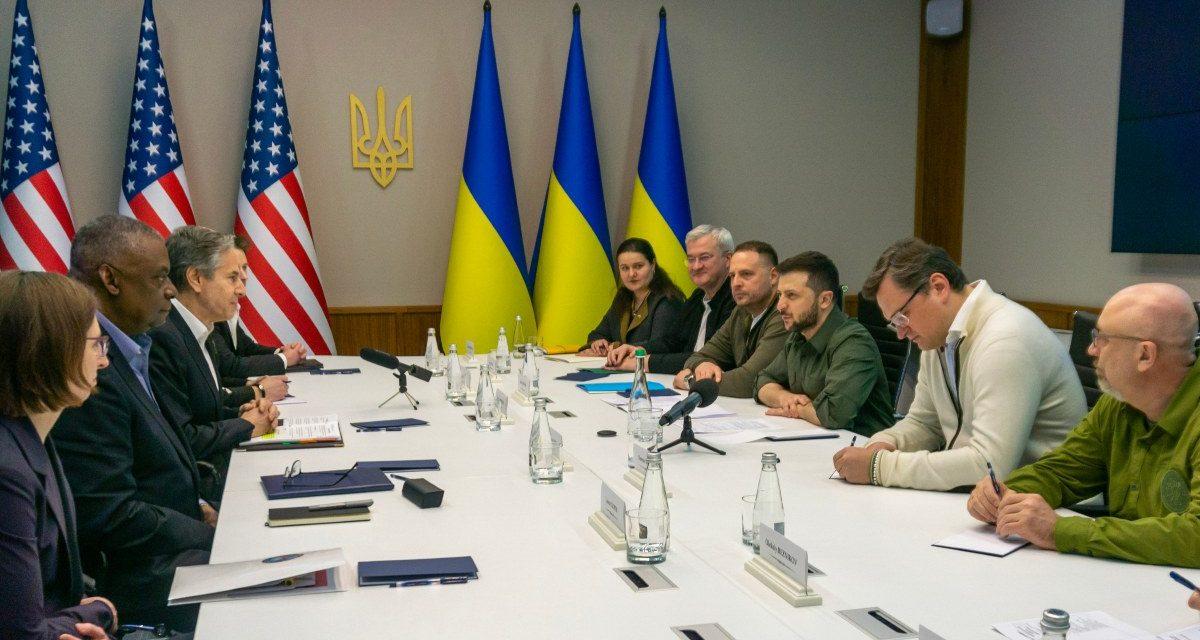
On Saturday, April 20, the U.S. House of Representatives managed to agree on resuming military aid to Ukraine after more than six months of paralysis.
Arming a country at war does not, in theory, lead to any desirable outcomes. It is, therefore, not easy to rejoice about the gigantic aid agreement for Ukraine that the House reached Saturday evening. With this vote, the West assumes responsibility for prolonging a conflict that has lasted more than two years, with all the consequences that we know have greatly tested Ukraine’s people: grieving families, generations sacrificed, a collapsed economy. This deal is nevertheless necessary, as the Ukrainian army, weakened by a lack of ammunition and low morale, continues to show signs of weakness in the face of Russian assaults. It is logical to send reinforcements, so as not to suggest that the West’s determination to support its ally has weakened — and especially so as not to favor might over right. The occupation of Ukrainian territory betrays all international conventions and contravenes any concept of justice. In this sense, letting go of Kyiv would have been a moral and political mistake, risking an even darker prospect for the future security of Europeans.
Although it is necessary, this aid plan is not enough. Providing the means to continue this war does not excuse anyone from considering peace. Even right now, you must conceive peace and determinedly seek out its conditions. Arms deliveries cannot be the only response to this conflict; they only make sense if they lead, when the day comes, to a fair and stable solution. If you want peace, then you must also lay the groundwork for peace.

Leave a Reply
You must be logged in to post a comment.